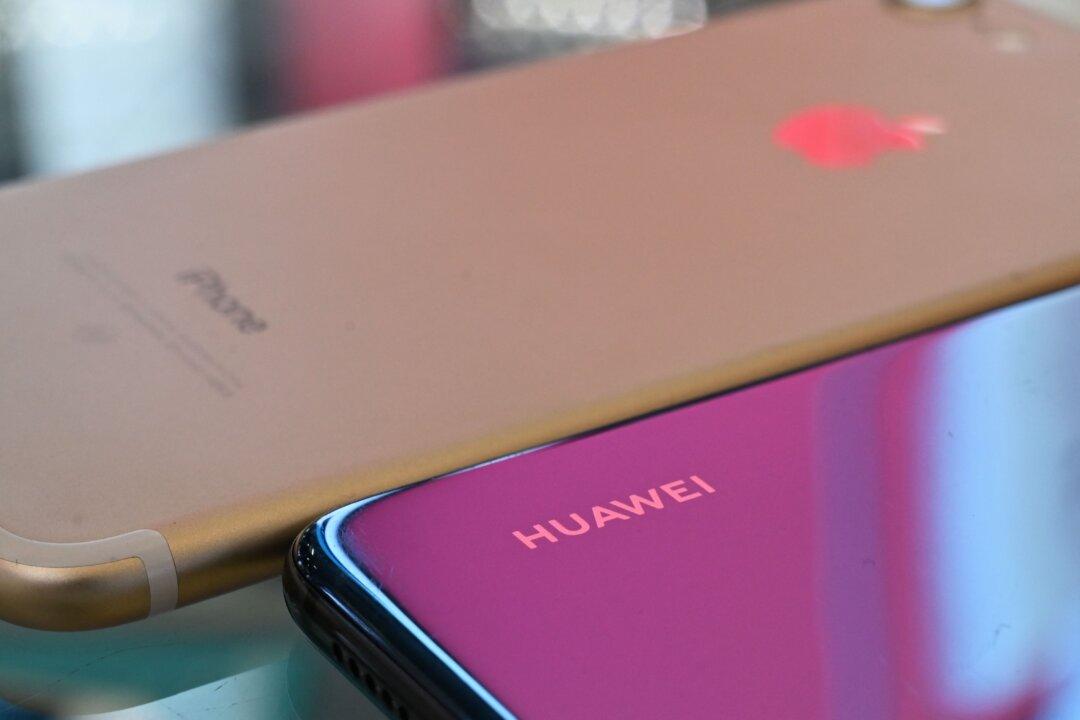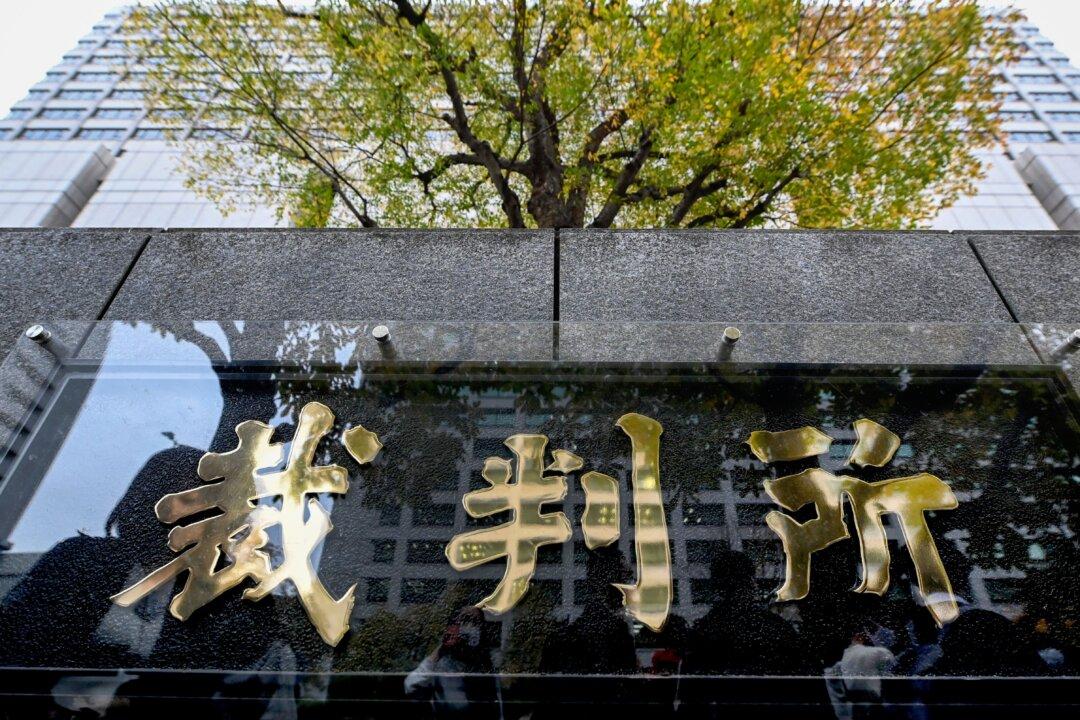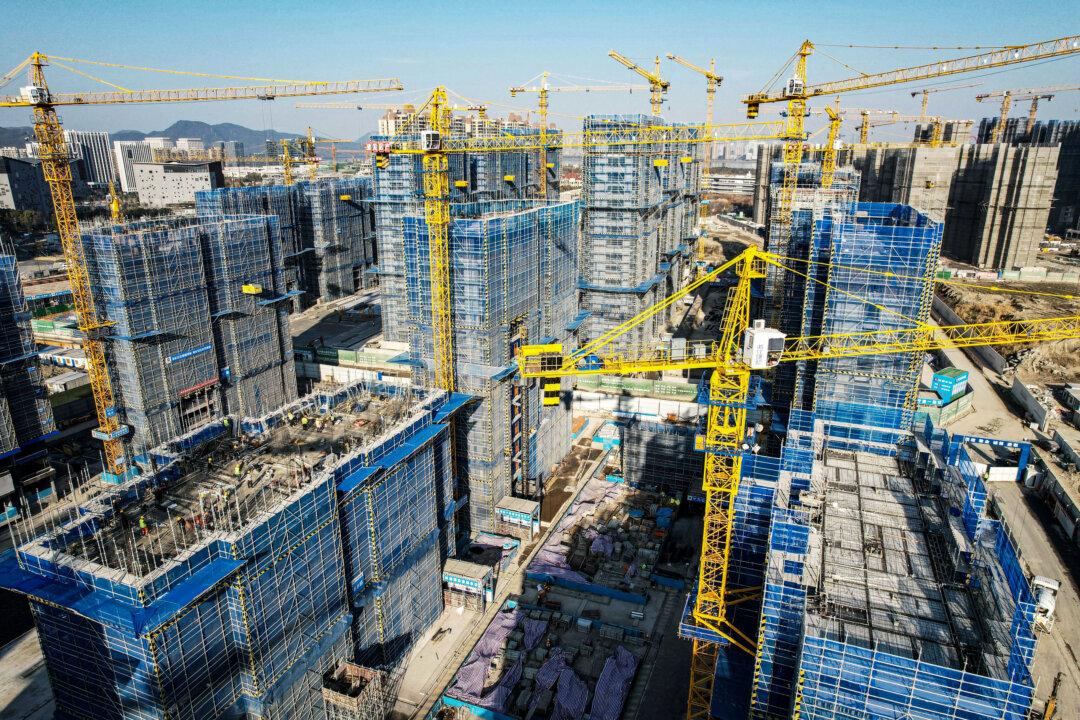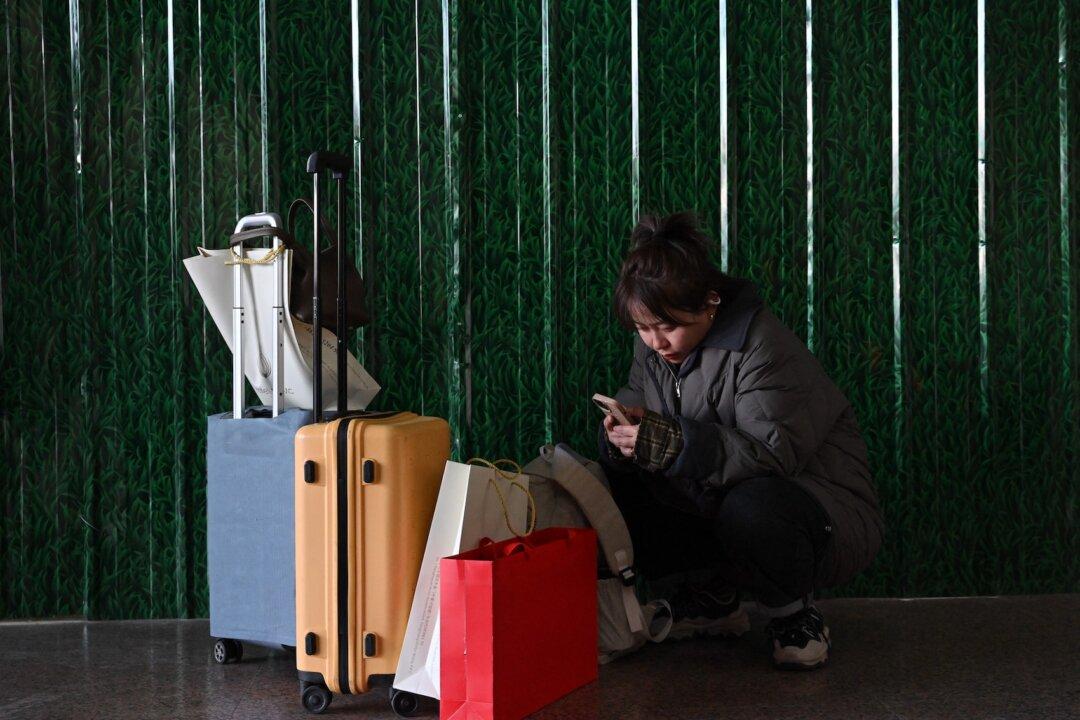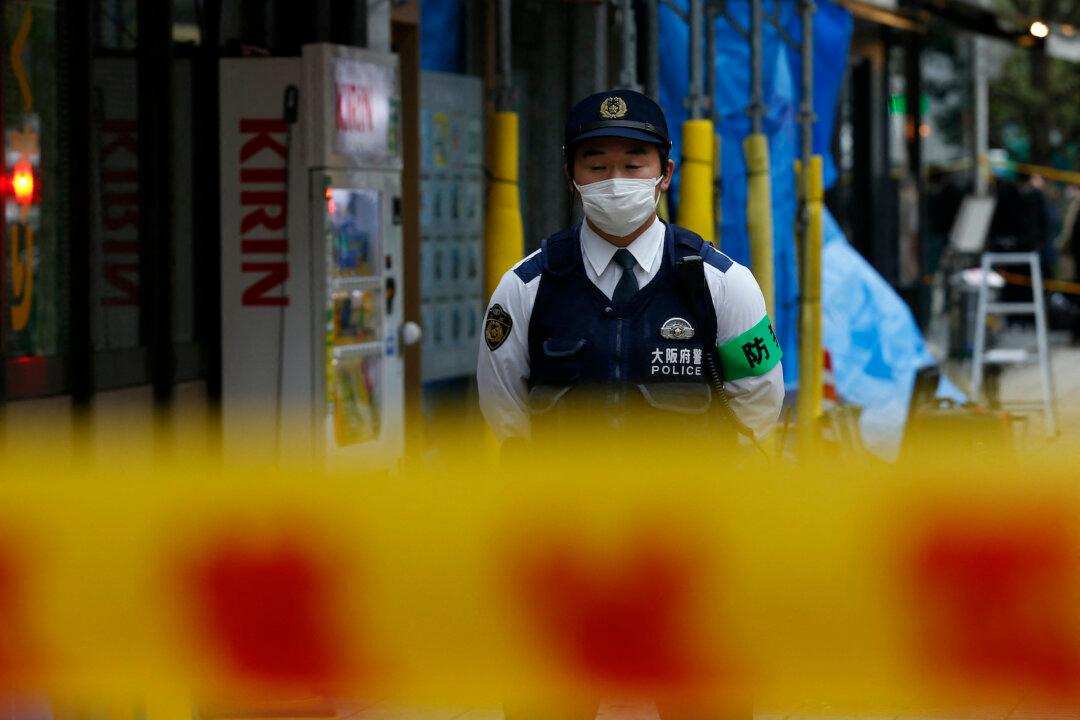News Analysis
Apple’s iPhone has lost its top position in China, as evidenced by its stumbling sales for two consecutive months. Meanwhile, Huawei’s sales steadily soared. Political observers believe the shift is a result of the Chinese Communist Party’s (CCP) manipulation of the local market.
